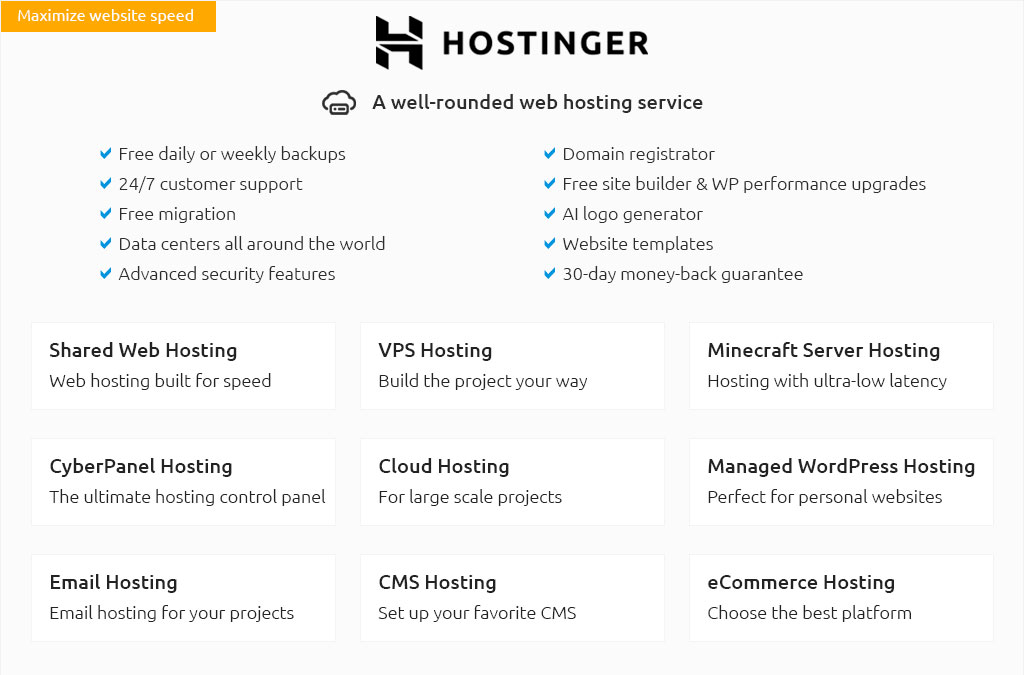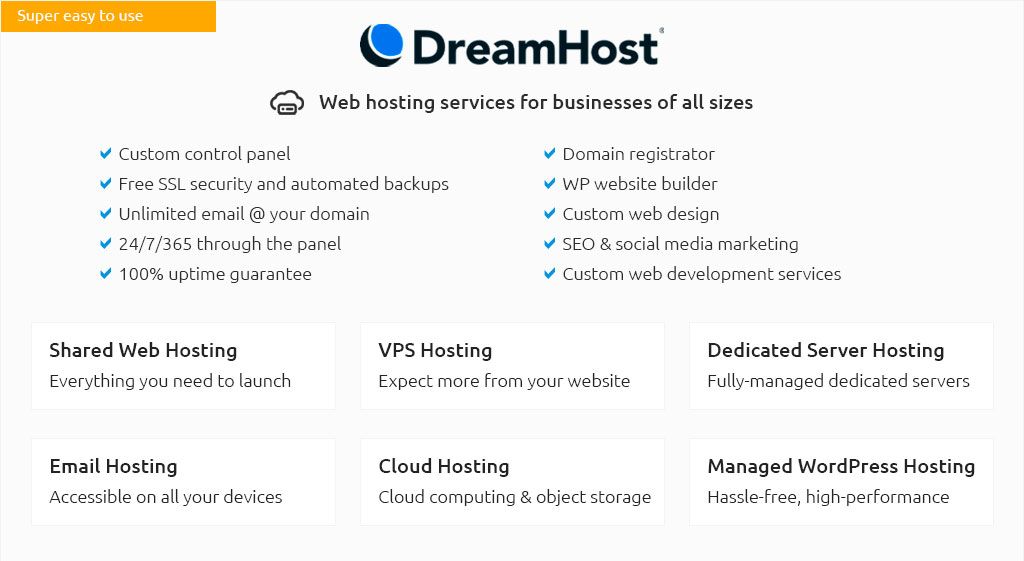 |
|||
 |
 |
 |
|
 |
|
 |
 |
 |
|||
 |
|||
 |
|||
 |
|||
 |
 |
|
Unlock the full potential of your digital presence with our no-nonsense web hosting reviews, where we cut through the noise to deliver straight-to-the-point insights on hosting a website that elevates your brand, turbocharges your speed, and fortifies your security; discover the perfect blend of power and reliability to ensure your online platform not only stands out but stays ahead, because your website deserves nothing less than the best.
https://www.geeksforgeeks.org/what-is-a-web-hosting/
Web hosting is the service that provides the resources to a website and the necessary technologies for a website that displays over the internet. https://serverfault.com/questions/4658/what-are-some-pitfalls-of-hosting-a-website-from-home
It's not terribly difficult to host a website from home. It doesn't seem to make sense to pay a 3rd party to host some low traffic websites. https://www.quora.com/Do-I-have-to-purchase-hosting-every-time-I-build-a-website-for-a-client
No, you don't need to purchase hosting every time you build a website for a client. You can use a reseller hosting plan or a managed hosting ...
|